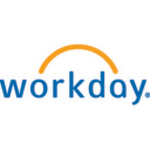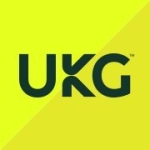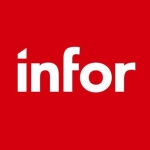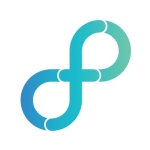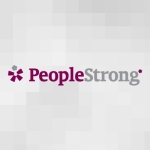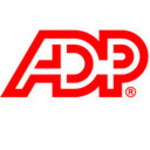What is our primary use case?
We use Oracle HCM (Human Capital Management) to help set and maintain performance goals. This encompasses HCM, Human Resources, and critical learning.
How has it helped my organization?
This product has improved our handling of human resources. For example, before the implementation of this system, we submitted vacation requests on hard copy letters for approval. That took time and was a little clumsy. Now we do not have to call management for things like emergency leave. We just submit the requests and get permission without extra steps. It helps us to efficiently process these events.
What is most valuable?
If you deploy the product so that it is available from anywhere, employees can submit vacation requests so resources and expectations can be managed. What the most important thing is that we monitor goals, performance and prospective plans. But there are many, many valuable features.
What needs improvement?
The interface is easy already, but if you improve user interface — any upgrade of that sort — they will improve the product. We notice an improvement with every update and they should continue to do that.
In our next phase of the deployment, we want to implement the financial modules which has been part of our plan for a while. That is just the deployment of something that already exists in the product. Oracle HCM in some countries only has the payroll module on-premises. We can use it that way, but we would like them to include all countries to be cloud so that it is available in our preferred deployment. Currently, payroll in Egypt is on-premises only because of regulations. We need to be on the cloud so we look forward to that.
Right now, we don't need anything that is really a new feature. Our company will start to more fully utilize the current features already available.
For how long have I used the solution?
That's now one year.
What do I think about the stability of the solution?
The stability is also very good. In some ways, this is like the scalability. We do not have trouble with load changes.
What do I think about the scalability of the solution?
I think this product has great scalability. Expanding our usage to any number of employees has not been a problem with this product. Every day our employees submit various requests and the performance does not lag. For the modules that we use daily in our system with various loads, it really works as expected.
How are customer service and technical support?
We have a service agreement with Oracle technical support. When we call them directly, they respond to us quickly and the support and answers they offer are good.
How was the initial setup?
The implementation was complex. We needed a third-party Oracle partner to help us to set up the solution. It needed more analysis, more configuration, and more setup steps than most products we deploy, and it took a long time to go live.
It took three months to go to production live with our team of four and the partner's team of another five people. That included three consultants and one developer. Five or six were always on the project but it varied up to ten people.
What about the implementation team?
We did seek assistance through an Oracle partner.
What's my experience with pricing, setup cost, and licensing?
We negotiated to get a discount and we got a big discount. Normally this product is a little bit expensive something compared with similar solutions. But it is a good value because of what it does.
On an annual basis, we pay about $25,000 for our company. This includes the VAT, support, upgrades and everything else.
What other advice do I have?
This is a perfect product that I recommend to any company that is trying to implement a solution for better management of HR and human capital management.
One big lesson we learned from implementing this product is that this was the first implementation for me on the cloud. I learned about cloud-based technologies, and I learned many things about modular HR. Working this way it helps to scope and plan a good project to make it easier and better to implement and to realize.
On a scale from one to ten, where one is the worst and ten is the best, I would rate Oracle HCM cloud as an eight. To become a ten, they have to work on small things. For example, sometimes users get errors where they make simple mistakes like their location. It could just continue to improve and to be more user-friendly. Their file interface is not user-friendly and they should replace it with a better file app.
Disclosure: My company does not have a business relationship with this vendor other than being a customer.




